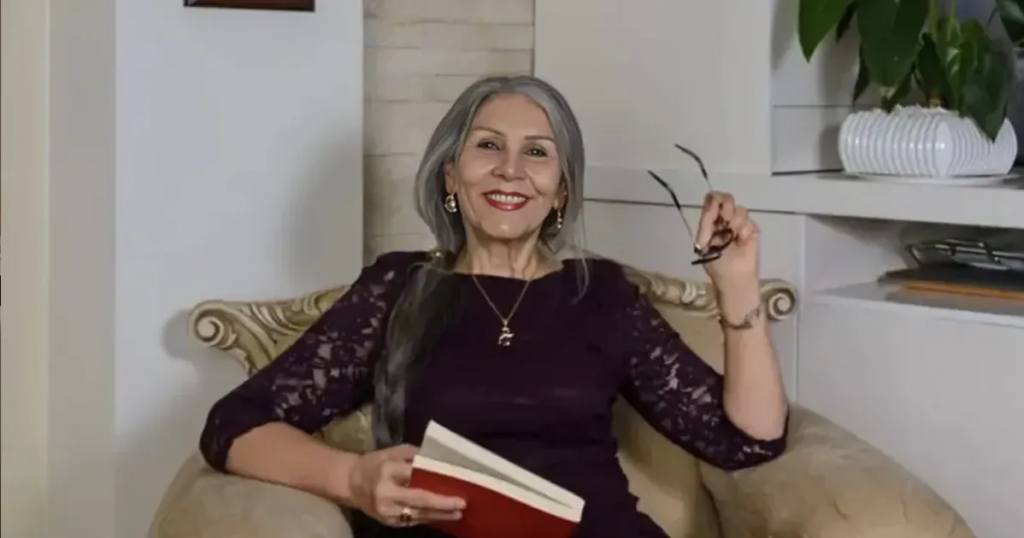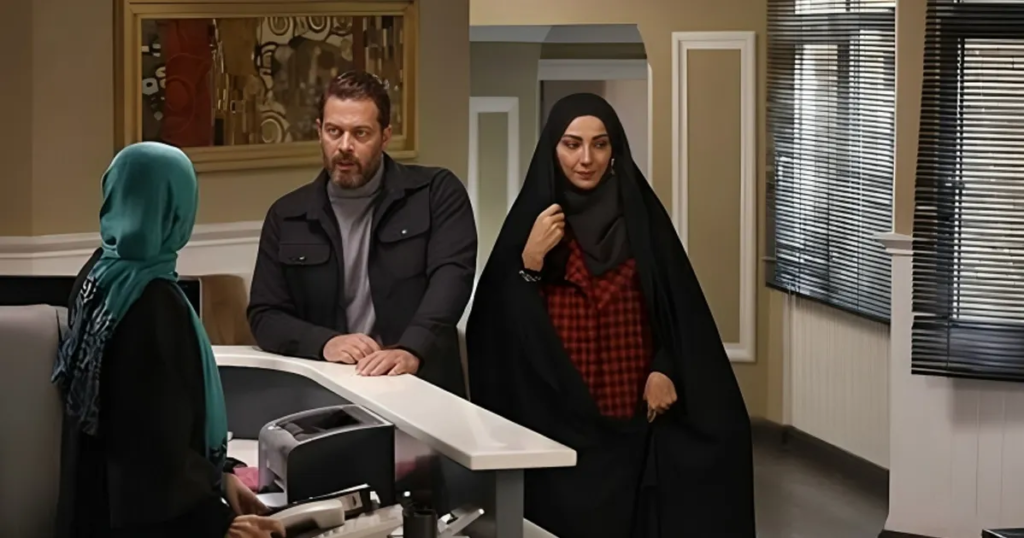Source: iranwire.com
Kian Sabeti

Amidst the escalating geopolitical tensions, the Islamic Republic’s unabating persecution of Baha’is persists.
Security crackdowns, judicial harassment, and systematic hate-mongering have long been hallmarks of the Islamic Republic’s 45-year campaign against Baha’i citizens.
Even as tensions with Israel intensify, the Baha’i community continues to face unrelenting pressure. In addition to ongoing crackdowns, the Islamic Republic has extended its threats to Baha’i religious sites in Israel, warning of potential military strikes.
Baha’i Qibla: ‘A Legitimate Target for the Islamic Republic’
As the prospect of an Israeli attack on Iran intensifies in response to the IRGC’s missile strike, Mashregh News, affiliated with the IRGC’s intelligence organization, published a report labeling the Baha’i Qibla as a “legitimate” target for the Islamic Republic in a potential strike on Israel.
The outlet threatened that if Israel sought to test Iran’s resolve, “the beautiful gardens of Acre would be reduced to scorched earth.”
In response, Nobel Peace Prize laureate Shirin Ebadi wrote on her Instagram page, “The Islamic Republic’s threats against Baha’is are rooted in its conflict with Israel, but the war against the Baha’i community began four decades ago.”
Ebadi added that the Islamic Republic has employed executions, imprisonment, enforced disappearances, property confiscation, and educational deprivation as tools of oppression against the Baha’is.
“We have not forgotten the execution of Baha’i women, including a 17-year-old girl. We have not forgotten the destruction of Baha’i cemeteries,” she said.
Mashregh News references the Baha’i Qibla, where Baha’u’llah’s shrine is located. This site holds sacred significance for all Baha’is worldwide, not just those in Iran. Baha’u’llah was exiled and imprisoned in Acre by the Ottoman Sultan in 1868, where he later passed away. This event occurred decades before the establishment of the state of Israel.
The Islamic Republic has a history of threatening or destroying Baha’i sacred sites. Just a few months after its establishment, the Islamic Republic demolished the “House of the Báb” in Shiraz. Despite its claims of respecting beliefs and religions, government officials ignored Baha’i pleas to prevent the destruction of this site.
Gharibeh TV Show: Part of the Hate-Mongering Project Against Baha’is

On August 14, 2023, the Ministry of Intelligence issued a statement titled ‘The extensive network of the disruptive Baha’i family in medicine,’ announcing the arrest of nine members of a Baha’i family. The arrested included three brothers, their sister, and brother-in-law, who worked in the pharmaceutical and cosmetics trade. The Ministry accused the family of smuggling medicines, committing travel medicine fraud, and engaging in money laundering.
The series Gharibeh, directed by Soroush Mohammadzadeh, recently aired on state television. It tells the story of a brother and sister who, under the guise of charity, disrupt the country’s pharmaceutical system and engage in money laundering.
The series’ plot closely follows the Ministry of Intelligence’s statement, with little to no real investigation into the family’s arrest.
During his investigation, the Ministry of Intelligence investigator, played by Pejman Bazeghi, discovers that Dr. Ziaei (the brother), played by Esmail Mehrabi, is a Baha’i. While not explicitly stated, his sister Marjan, played by Roya Javidnia, is also likely a Baha’i.
In episode 34, when Ziaei confines his sister to the basement with the intent to kill her, he tells her through the bars, “The Universal House of Justice has demanded this, not me, and you know it.” Marjan pleads to speak with the Universal House of Justice herself, but Ziaei remains unresponsive.
The Universal House of Justice is a term Baha’is use worldwide to refer to their international governing body, not exclusive to Iranian Baha’is. Baha’is from all countries worldwide elect the Universal House of Justice members every five years.
For decades, Islamic Republic TV has played a crucial role in the government’s hate-mongering campaign against the Baha’i community, with Gharibeh being the latest example of such propaganda.
The portrayal of Baha’is on state TV has always been one of traitors, wealthy wrongdoers, and criminals. This portrayal has varied in format—panel discussions, interviews, documentaries, or drama series—but the programs have consistently been one-sided, denying Baha’is the opportunity to respond to accusations.
Denial of Medical Care in Prison
According to reports, two Baha’i prisoners in Evin Prison have been denied essential medical care and medical leave despite their deteriorating health.
One of these prisoners is 72-year-old Mahvash Sabet, who suffers from severe respiratory problems and has lost part of her lung, according to the prison’s physician. She urgently requires specialized treatment outside of prison, but authorities have repeatedly denied her request for medical leave.
Sabet is serving a 10-year sentence on charges of “leading an illegal group [the Baha’i community of Iran] to disrupt national security.”
Another prisoner, 67-year-old Valiollah Ghadimian, has been denied medical leave despite the prison doctor’s recommendation. Ghadimian, who is suspected of having tuberculosis, is in critical condition. The prosecutor’s representative has yet to approve his medical leave.
Ghadimian is serving a two-year prison sentence for his membership in the Baha’i community. Over 17 months of his sentence have already elapsed.
Ban on Artistic Activity of a Baha’i Actress
The Baha’i news service reported that a theater actress in Kohgiluyeh and Boyer-Ahmad Province was banned from performing unless she renounced her faith.
According to the report, Hana Siavoshi, a theater artist and actress from Yasuj, was scheduled to lead a series of three plays set for ten nights at the Yasuj theater. On the day of the first performance, intelligence officers approached the director, demanding that Hana be removed from the production. The director insisted on allowing her to perform. The officers asked Hana to sign a form declaring she was not a Baha’i to be allowed to perform, but Hana refused.
The director persuaded the officers to allow Hana to perform on the first night so that the play could be reviewed. Eventually, the officers permitted her to perform for two nights, but on the third night, when Hana was about to take the stage for her role, she was prevented from entering, and it was announced that the scene had been cut.
The actors and audience members expressed their dismay at this action and offered sympathy and regret for the injustice. Despite the challenges they face, the Baha’i community in Iran remains resilient.
As the world watches the escalating tensions between Iran and Israel, the Baha’i community continues to face a never-ending onslaught from the Islamic Republic, highlighting the clerical establishment’s disregard for fundamental human rights and its use of faith as a tool of oppression.
Leave a Reply